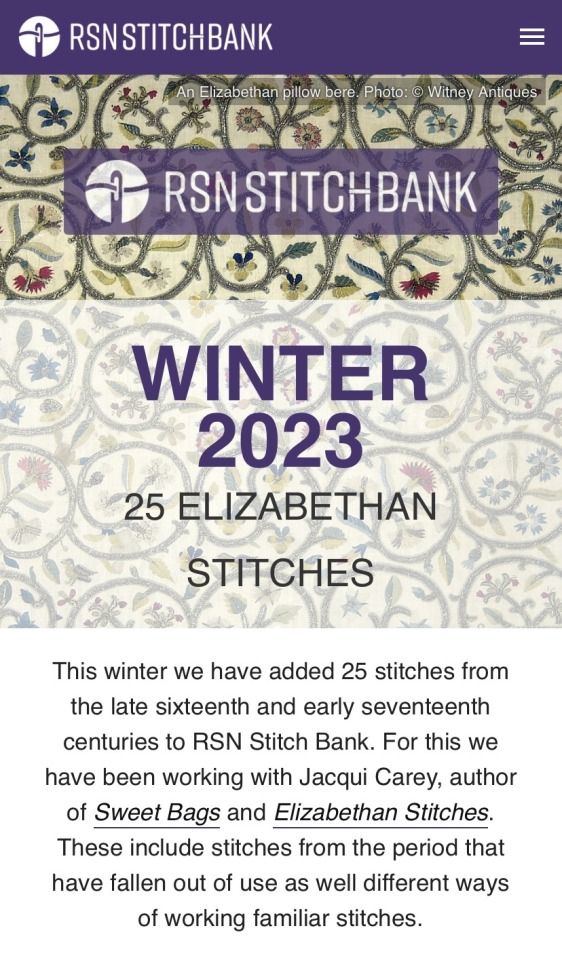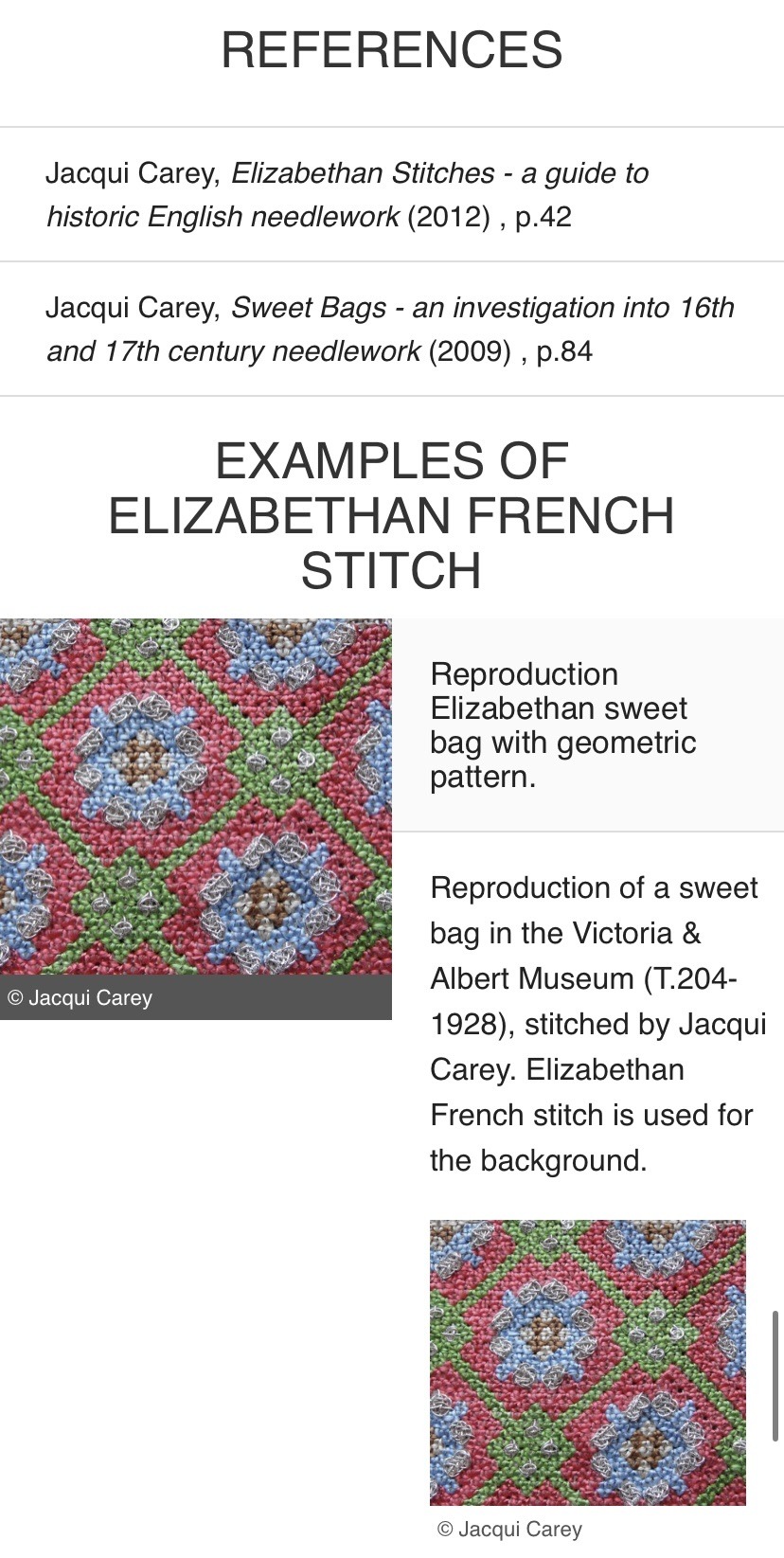The Embroidery For The 1760s Waistcoat Is Officially Finished! This One Took Me A While To Complete,


The embroidery for the 1760s waistcoat is officially finished! This one took me a while to complete, but looking back at my sewing diary I actually only spend a total of 16 days on the embroidery (though that was spread out over several months). As of now, I’ve put in around 150 hours, with more work to come.
The next thing to do is begin on construction. When it’s all finished, the waistcoat will be completely lined and have functional pockets. It will also be my first time making hand-sewn buttonholes, which is a little scary.
Now I need to figure out how to embroidery the coat that will go with this!
-
 sunrise-cerebellum liked this · 1 year ago
sunrise-cerebellum liked this · 1 year ago -
 hummingwyrd reblogged this · 1 year ago
hummingwyrd reblogged this · 1 year ago -
 ask-schoolmaster-alfred liked this · 5 years ago
ask-schoolmaster-alfred liked this · 5 years ago -
 transmercutio liked this · 8 years ago
transmercutio liked this · 8 years ago -
 vinceaddams liked this · 9 years ago
vinceaddams liked this · 9 years ago -
 vestireltiempo liked this · 9 years ago
vestireltiempo liked this · 9 years ago
More Posts from Clusterfrock




Back in 2015, I made this skirt for an 1860s ballgown. I wanted to make a daytime bodice to give the gown more wearability outside of formal events, but I had run out of fabric and since the fabric had lived in my stash for years, it had been discontinued long ago. I had a minor fabric miracle when I discovered some similar plaid taffeta on Etsy! I scooped it up and decided to make an 1850s bodice, since tiered flouced skirts like this were super popular then.
This bodice ate fabric, and I think I used three or four yards in total because the sleeves are massive and multi-layered. There is a black lace/fringe trim on the bodice, which you can’t see very well in pictures but is lovely in person.
The cap and bodice were made to accompany the new ensemble. The cap is made entirely from things found at Walmart, and the materials for the bonnet came from my fabric stash.
Happy National Bat Day! Here’s a happy little bat embroidery pattern from the 1632 pattern book “The Schole-House for the Needle.”




The petticoat is finished! It didn't even take as long as I anticipated, even with all the hand-sewing that was involved. Everything but the long interior seams had to be hand-sewn, which was a bit of a pain, but it makes the finished skirt so much nicer looking. The next step will be to pattern out the under-bodice before starting on the levite itself. This particular dress is a little unusual, in that the under-bodice actually closes under a stomacher rather than down the center-front, which is more typical for levites and polonaises. I'm so pleased with how quickly and smoothly this project has gone so far! Of course, I haven't started on the gown itself, so we'll see if my good luck streak lasts
A very useful resource!
Oh hey, do you know what time it is? It is highly specific resource time!
Today we have the Royal School of Needlework Stitch Bank! There are HUNDREDS of stitch types in the RSN Stitch Bank.

And more added regularly, let’s look at a recent addition


I picked the first one in the 25 recently added Elizabethan stitches, the Elizabethan French Stitch


The stitch bank provides written and photo tutorials as well as a video option to learn to do it yourself. There are examples of the stitch in use, resources, references, everything but a needle and thread!
rsnstitchbank.org



Started on a new fall ensemble! This amazing gown is from a Tischbein portrait from 1770! I’m halfway through the petticoat now, and will hopefully be finishing it up in the next few days.
I’m using two shot taffetas for this dress - a blue/green taffeta and a red/yellow taffeta (that looks bright orange!). Things are going a bit slowly because there is a lot of hand-sewing involved. The hem on the petticoat is 2″ deep and all had to be hand-sewn. The edges on the fabric ribbon that will become the box-pleated trim also had to be hemmed by hand, all 360 inches! It was horrible, and now it looks like I’ll have to add another length of fabric on, so that’s another 120 inches to hem! Yeesh. I’m still hoping to wrap the petticoat up by the end of the week, though!